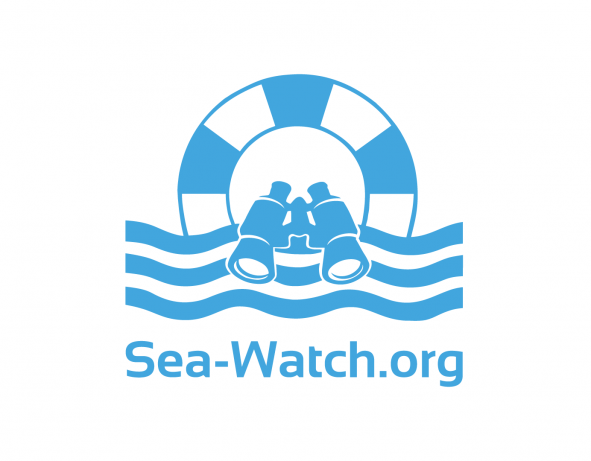Jun 4, 2019
Sea Watch e.V. Civil Sea Rescue
- 16:30 to 17:30
- Frank Dörner
Sea Watch was created as a non governmental civil society organization in early 2015, in the aftermath of hundreds of people drowning off the coast of Lampedusa in the Mediterranean. The initial idea was simple: on the one hand, you need a ship with the required rescue assets to rescue people at sea, and on the other you need people witnessing and talking about this humanitarian disaster to make it visible. Those two general goals still remain the same, but today the situation is different in that there is a high level of politicization and criminalization of people on the move and of those who try to save lives.
Several organizations that follow Sea Watch's example are today unable to leave harbor for rescue missions for political reasons. Individuals such as captain Pia Klemp are accused of trafficking simply because they saved thousands of people from drowning. Today Europe´s policy is clearly directed towards a delegation of responsibility to Libya, a country in civil war. Human suffering and human rights are not enough to change a cruel policy of externalization.
Sea Watch is fighting for human rights and continues its operations as well as possible. In January we had long stand-offs in front of the coasts of Malta and Italy with many people on board suffering tremendously.
The presentation will focus on today's reality at sea, the EU policies, and the direct human consequences. Enough time will be dedicated to a discussion and questions.

Report
Frank Dörner from Sea Watch gave an impressive lecture on the work of the sea rescue service in the Mediterranean. The political situation is shockingly inhumane: while the aid provided by the North African side (mainly military boats) is very inadequate and sometimes does not help at all, civilian auxiliary boats come across many hurdles, from the removal of flagging to entry prohibitions in the ports. The ships are of the simplest kind, and are not intended for the transport of people: there is limited space, and the sanitary facilities are rudimentary, yet many photos show how much the volunteers on board strive to make the stay as good as possible. But arrival ashore is usually not the end of the journey: many fugitives still have to pass many stations until they "arrive" in a European country longer-term. At the end of his presentation, Frank Dörner pointed out the legal situation: from the starting permission for the ships to the prosecution of human rights violations, lawyers throughout Europe are being tried before courts—which costs time, energy, and money.
What You Can Do to Help
Spread the word! Follow and share Sea Watch's news, and mobilize yourself and others. Supporting Sea Watch either as a volunteer or through donations—any amount would help. More: https://seebruecke.org/
MPIWG, Boltzmannstraße 22, 14195 Berlin, Germany
Contact and Registration
For further information please contact Holger Wegemann.
